Exploring the Pros and Cons of Trending Diets
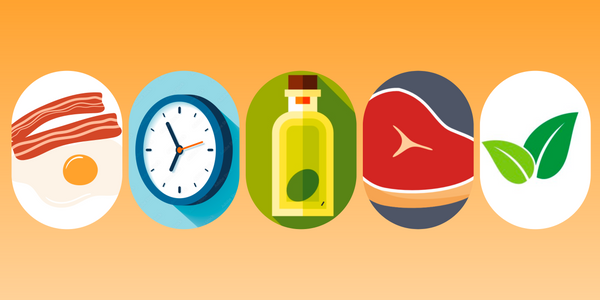
KETO DIET
A Keto (short for ketogenic) diet is a low-carbohydrate, high-fat eating plan designed to shift the body into a state of ketosis. In ketosis, the body primarily relies on fat for fuel instead of carbohydrates. To achieve this, individuals typically limit their daily carbohydrate intake to a very low amount (usually around 5-10% of total caloric intake) while increasing their consumption of fats (70-75%) and moderating protein intake (15-20%).
| PROS | CONS |
| Effective for Rapid Weight Loss: The ketogenic diet can lead to rapid weight loss due to its focus on fat burning. | Restrictive: Maintaining ketosis can be challenging, as it requires strict carbohydrate restriction. |
| Blood Sugar Control: It may help control blood sugar levels and improve insulin sensitivity, making it beneficial for individuals with type 2 diabetes. | "Keto Flu": Some individuals experience initial side effects like fatigue and nausea when transitioning to a ketogenic diet. |
| Neurological Benefits: Some evidence suggests potential benefits for neurological conditions like epilepsy. |
Nutrient Deficiencies: Limited food variety can lead to nutrient deficiencies, especially if not well-planned. |
|
Satiety: The higher fat intake can increase feelings of fullness and reduce overall calorie consumption. |
Cholesterol Concerns: In some individuals, a keto diet may raise cholesterol levels, which can be a concern for heart health. |
INTERMITTENT FASTING
Intermittent fasting is an eating pattern that involves alternating between fasting and eating periods. It emphasises when you eat rather than what you eat. During fasting periods, calorie intake is reduced or avoided, while regular meals are consumed during eating windows. Popular methods include the 16/8 method (16-hour fast with an 8-hour eating window), the 5:2 method (normal eating for five days, calorie reduction for two non-consecutive days), and alternate-day fasting (alternating between fasting and regular eating days).
| PROS | CONS |
| Weight Management: Effective for weight and fat loss, with some people finding it easier to adhere to than continuous calorie restriction. | Hunger and Irritability: Fasting periods can be challenging, leading to hunger and irritability in some individuals. |
| Simplicity: It simplifies meal planning by restricting eating windows, reducing the need for constant food decisions. | Medical Considerations: Not suitable for everyone, and certain medical conditions may require caution. |
| Metabolic Health: May improve insulin sensitivity and support overall metabolic health. | Overeating Risk: If not controlled during eating windows, intermittent fasting can lead to overeating. |
| Research: Growing body of research suggests potential health benefits. | Discipline Required: Consistency and discipline are key to reaping the benefits. |
MEDITERRANEAN DIET
This diet is inspired by the traditional eating patterns of countries bordering the Mediterranean Sea and emphasises fruits, vegetables, whole grains, olive oil, and moderate consumption of fish and poultry.
| PROS | CONS |
| Heart-Healthy: Associated with reduced risk of chronic diseases and improved cardiovascular health. | Slow Weight Loss: May not lead to rapid weight loss, which could be a drawback for some. |
| Balanced and Flexible: Allows for a wide variety of foods, making it sustainable. | Transition Required: Transitioning away from processed and fast foods can be challenging. |
| Rich in Nutrients: Abundant in fruits, vegetables, and healthy fats. | Cost Considerations: High-quality seafood and olive oil can be expensive. |
| Enjoyable: Offers a delicious and culturally diverse way of eating. | Portion Control: Portion control is still important for effective weight management. |
CARNIVORE DIET
A carnivore diet is primarily meat-based, excluding most plant foods, and may promote benefits like weight management and mental clarity. However, it's restrictive and controversial, potentially leading to nutritional deficiencies and health risks. Consult a healthcare professional before considering it.
| PROS | CONS |
| Quick Weight Loss: Extreme carb restriction can lead to rapid weight loss. | Lack of Variety: Highly restrictive and lacks dietary variety. |
| Simplicity: Very simple to follow with minimal food choices. | Nutrient Deficiencies: Likely to lead to nutrient deficiencies, particularly fiber. |
| Digestive Relief: Some proponents report relief from digestive issues and autoimmune conditions. | Long-Term Risks: Potential long-term health risks due to the absence of plant foods. |
VEGAN DIET
A vegan diet is a plant-based eating pattern that excludes all animal-derived products. This means no consumption of meat, poultry, fish, dairy, eggs, or any other products derived from animals. Instead, consuming a variety of plant foods, such as fruits, vegetables, grains, legumes (beans, lentils, and peas), nuts, seeds, and plant-based alternatives like soy milk and tofu.
| PROS | CONS |
| Chronic Disease Risk Reduction: Associated with a lower risk of chronic diseases. | Nutrient Planning: Requires careful planning to avoid nutrient deficiencies (B12, iron, etc.). |
| Environmental Benefits: Environmentally friendly and cruelty-free. | Social Challenges: Limited food choices in some social settings. |
| Nutrient Density: Rich in fiber, antioxidants, and plant-based nutrients. | Protein Considerations: Some individuals may struggle to meet protein needs. |
| Healthy Weight Management: Supports healthy weight management when well-balanced. | Personal Values: May not align with everyone's personal and ethical values. |
DASH DIET
The DASH diet, which stands for Dietary Approaches to Stop Hypertension, is a popular and well-researched eating plan designed to help lower and manage high blood pressure (hypertension). It emphasises the consumption of nutrient-rich foods like fruits, vegetables, lean proteins, and whole grains.
| PROS | CONS |
| Blood Pressure Control: Effective for reducing high blood pressure. | Weight Loss: May not be as effective for weight loss as some other diets. |
| Balanced Diet: Promotes a balanced, heart-healthy eating pattern. | Sodium Awareness: Requires attention to sodium content in processed foods. |
| Whole Foods: Emphasises whole foods and limits sodium intake. | Adherence Challenges: Some individuals may find it challenging to adhere to strict sodium limits. |
| Overall Health: Supports overall health and lowers the risk of chronic diseases. | Slower Weight Loss: Weight loss may be slower compared to more restrictive diets. |
ALKALINE DIET
An alkaline diet is a dietary approach that focuses on consuming foods that are believed to have an alkalising effect on the body's pH levels. Proponents of this diet claim that by emphasising alkaline-forming foods and reducing acid-forming foods, it can help maintain or restore the body's pH balance to a more alkaline state, which is thought to promote better health.
| PROS | CONS |
| Fruits and Vegetables: Encourages the consumption of fruits and vegetables. | Lack of Evidence: Lacks robust scientific evidence. |
| pH Balance: May promote a more balanced pH in the body. | Highly Restrictive: Highly restrictive and eliminates many foods. |
| Reduced Acidity: Reduces the intake of processed and acidic foods. | Nutrient Concerns: Potential nutrient deficiencies due to limited food choices. |
| Weight Management: Supports weight management due to low-calorie, nutrient-dense options. | Controversial Claims: Some claims about pH balance in the body are controversial. |
IIFYM DIET
IIFYM stands for "If It Fits Your Macros," and it's a flexible approach to dieting that focuses on tracking and balancing macronutrients in your daily food intake. Instead of strictly dictating what foods you can or cannot eat, IIFYM allows you to eat a variety of foods as long as they fit within your daily macronutrient targets.
| PROS | CONS |
| Food Variety: Allows for a wide range of food choices. | Nutrient Quality: May not encourage the consumption of nutrient-dense foods. |
| Macronutrient Balance: Emphasises the importance of macronutrient balance. | Portion Control: Some individuals may struggle with portion control. |
| Personalisation: Can be personalised to individual preferences and goals. | Focus on Numbers: Can become overly focused on numbers (macros and calories). |
| Long-Term Sustainability: Easier to maintain for long-term adherence. | Food Quality: Quality of food choices can vary widely. |
CICO DIET
The CICO diet, short for "Calories In, Calories Out," is a weight management approach based on the principle that your overall calorie intake (calories in) should be balanced with the calories you burn through physical activity and metabolism (calories out). The fundamental idea behind the CICO diet is that to lose weight, you need to create a calorie deficit by consuming fewer calories than you expend.
| PROS | CONS |
| Food Flexibility: Offers flexibility in food choices. | Food Quality: Doesn't address food quality or nutrient density. |
| Scientific Support: Supported by scientific evidence. | Unhealthy Habits: May lead to unhealthy eating habits if solely focused on calorie counting. |
It's essential to remember that individual responses to diets can vary, and what works best for one person may not work as well for another. Additionally, long-term sustainability and overall health should be considered when choosing a diet plan. Consulting with a healthcare professional or registered dietitian can provide personalised guidance based on your specific needs and goals.





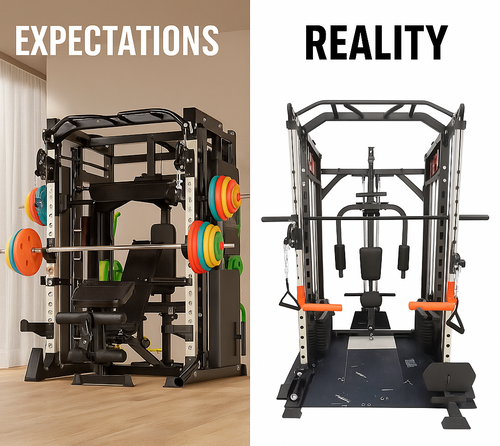






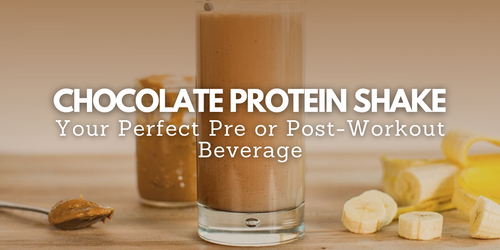






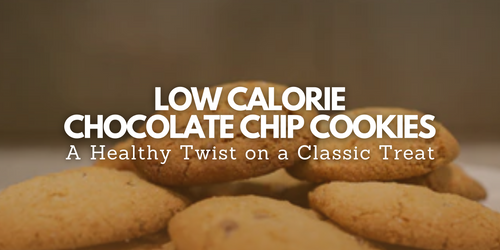
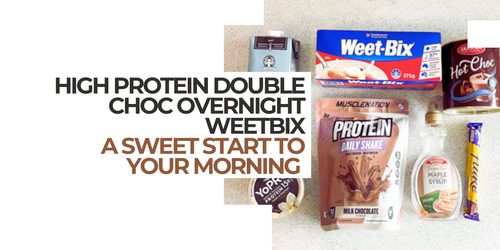
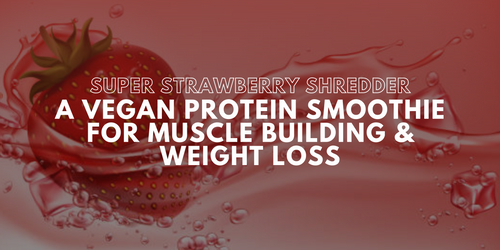
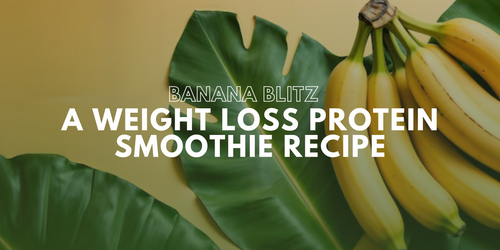





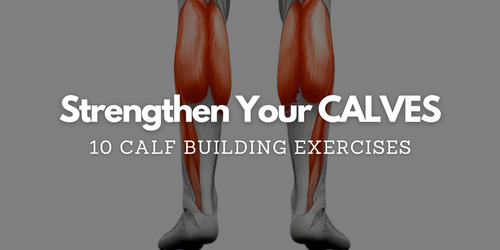

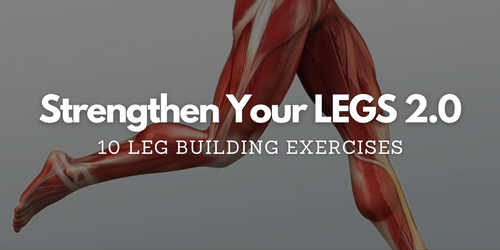
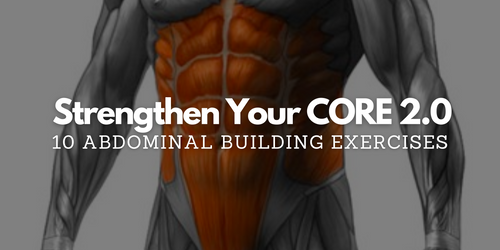



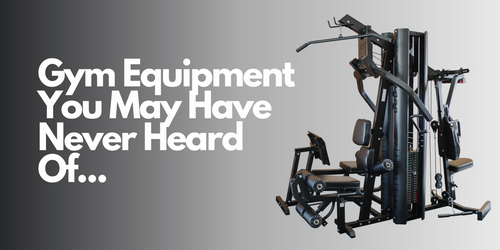
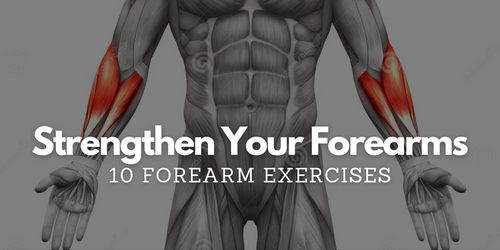

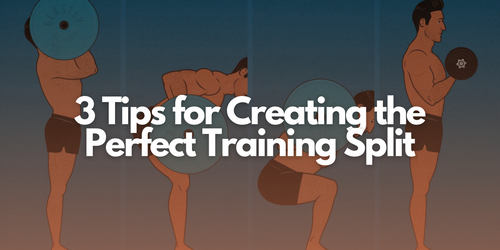

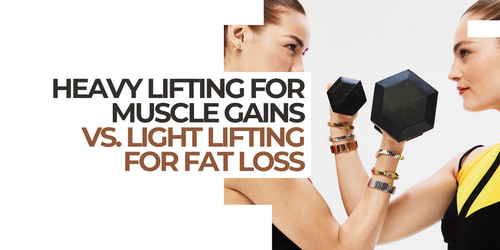



Leave a comment